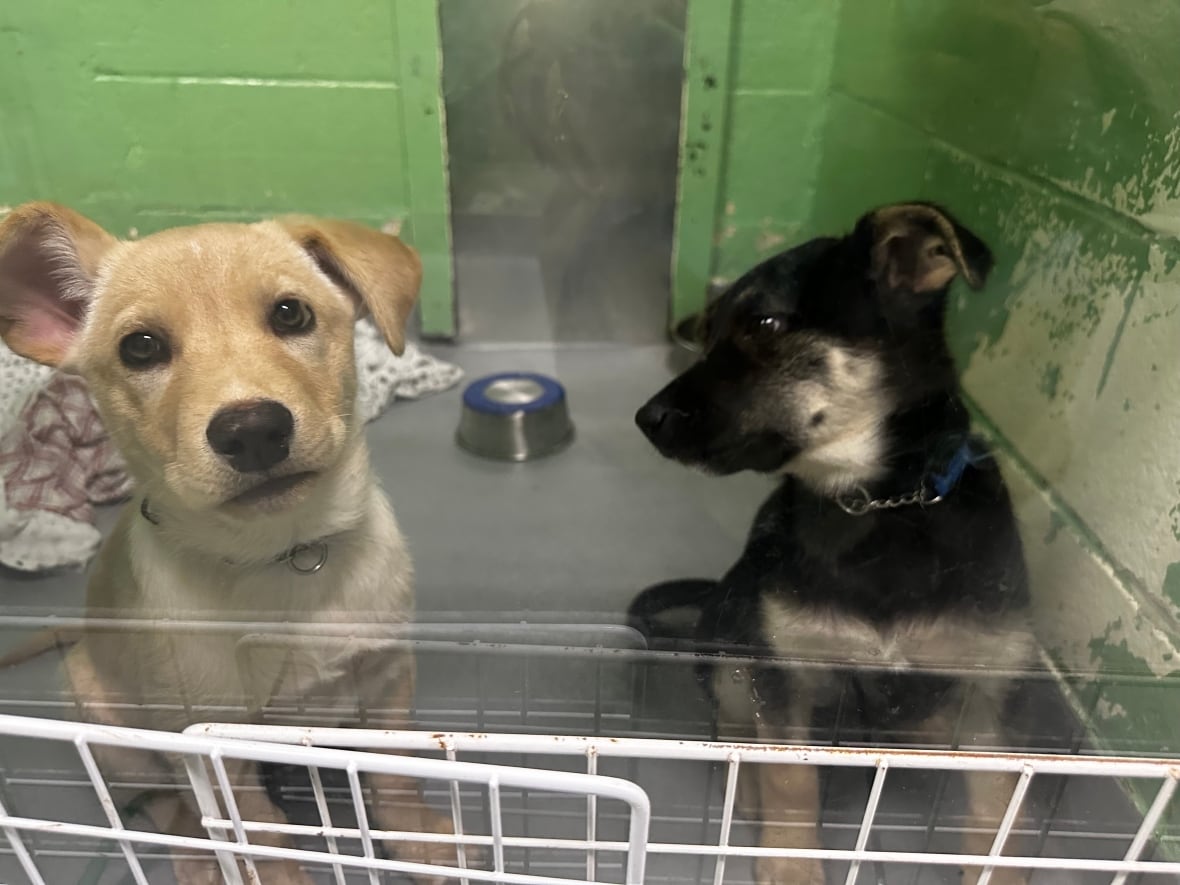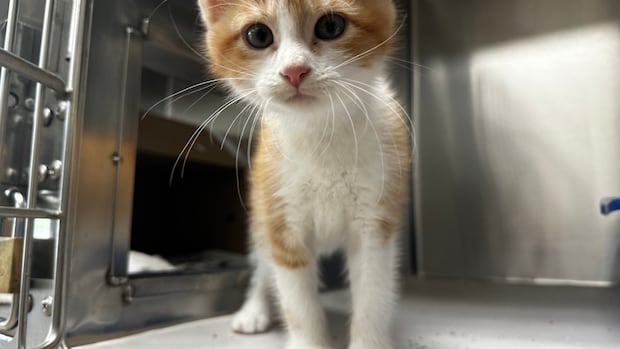The University of Toronto’s law school is introducing a new program focused on animal law.
“It does, a bit, feel like a long time coming,” said Angela Fernandez, a law school professor and director of the new program.
“We’ve kind of gotten to a point now with the resources and the projects … we’ve tipped over now into something that really just deserves a full sort of name as a program,” Fernandez said.
The law school has offered courses before, but the program will now allow students to study the topic more deeply through courses, seminars, fellowships, advocacy outreach and research opportunities.
While organizations like Animal Justice exist to help people navigate animal welfare laws and policies, and law programs across the country offer some variety of courses related to animals, U of T’s is the first animal law program at a Canadian law school.
At a time when incidents around animal welfare, such as captivity and deaths at Marineland and testing on dogs for a heart study in London, Ont., are top of mind, Fernandez said the program offers insight into what we know and still don’t know about the wide scope of animal law.
“It’s going to sort of tee up and put into place different resources for students,” Fernandez said.
Kate Shackleton is a third year law student who has taken animal law courses and participated in research around the subject before. While she isn’t interested in being an animal lawyer, she said the program’s interdisciplinary opportunity will help her be a better litigation lawyer.
“We have people at this law school who are interested in so many different things,” Shackleton said.
“We have people who like public law, people who are interested in family law, estates law, even corporate law. The knowledge that you gain about animal law through the school and through this program especially is going to help inform their practice in those areas.”
Program puts personhood of animals front and centre, advocate says
There is certainly a shift in the way people talk about animals, moving away from viewing them as property, and more like family members, Fernandez said.
“There is something definitely happening with the status of animals,” she said. “Morally for sure, socially speaking … the extent to which the law reflects that is really important.”
Phil Demers, a former Marineland trainer now turned anti-captivity activist, agreed.
The federal Ending the Captivity of Whales and Dolphins Act in 2019 was the first time animals were addressed through their personhood, Demers said. More lawyers with expertise in animal law into the legal world will benefit the way the system is shaped, he said.

“The more that we explore sort of the concept of holding the interests of the animal versus that of the industry, you know, the more expansive the protections will become,” Demers said. “With the new blood and a new energy sort of entering the space, it really opens the opportunity to see what becomes.”
Demers was in a long legal battle against Marineland. The park filed a lawsuit against him in 2013, alleging he had trespassed and plotted to steal the park’s 800-pound walrus, Smooshi. Demers filed a counterclaim that same year for defamation and abuse of process. He also used the lawsuit to help leverage the release of the walrus and her calf, which happened in 2023 — one year after the legal battle was resolved by mutual agreement.
“Having gone through … 13 years now of litigation, hopefully it becomes a little bit easier for people in the future,” Demers said.
More knowledge of animal law can also help pets, Humane Society says
Phil Nichols, CEO of the Toronto Humane Society, says he’s also happy to see the program launch, especially as it should lead to more knowledge of the law as it pertains to people’s pets.
With the resources the program offers and the training offered to new lawyers, Nichols said it will help organizations like the Humane Society provide resources and support for people experiencing trouble with animal law.
“One of the main reasons we still see animals coming in is housing instability and struggles,” Nichols said. He says with more recognition for pets as members of the family, that can lead to more overlap with housing law and people’s rights.

More exploration into animal law also allows for people to see the implications of what happens to animals when they aren’t treated as property, he said, especially when looking at circumstances around divorce.
“When animals get implicated [in divorce] there are real life consequences to their health and their welfare and how they’re treated. I think we need to have broader awareness and improvement of how all of that is handled.”







